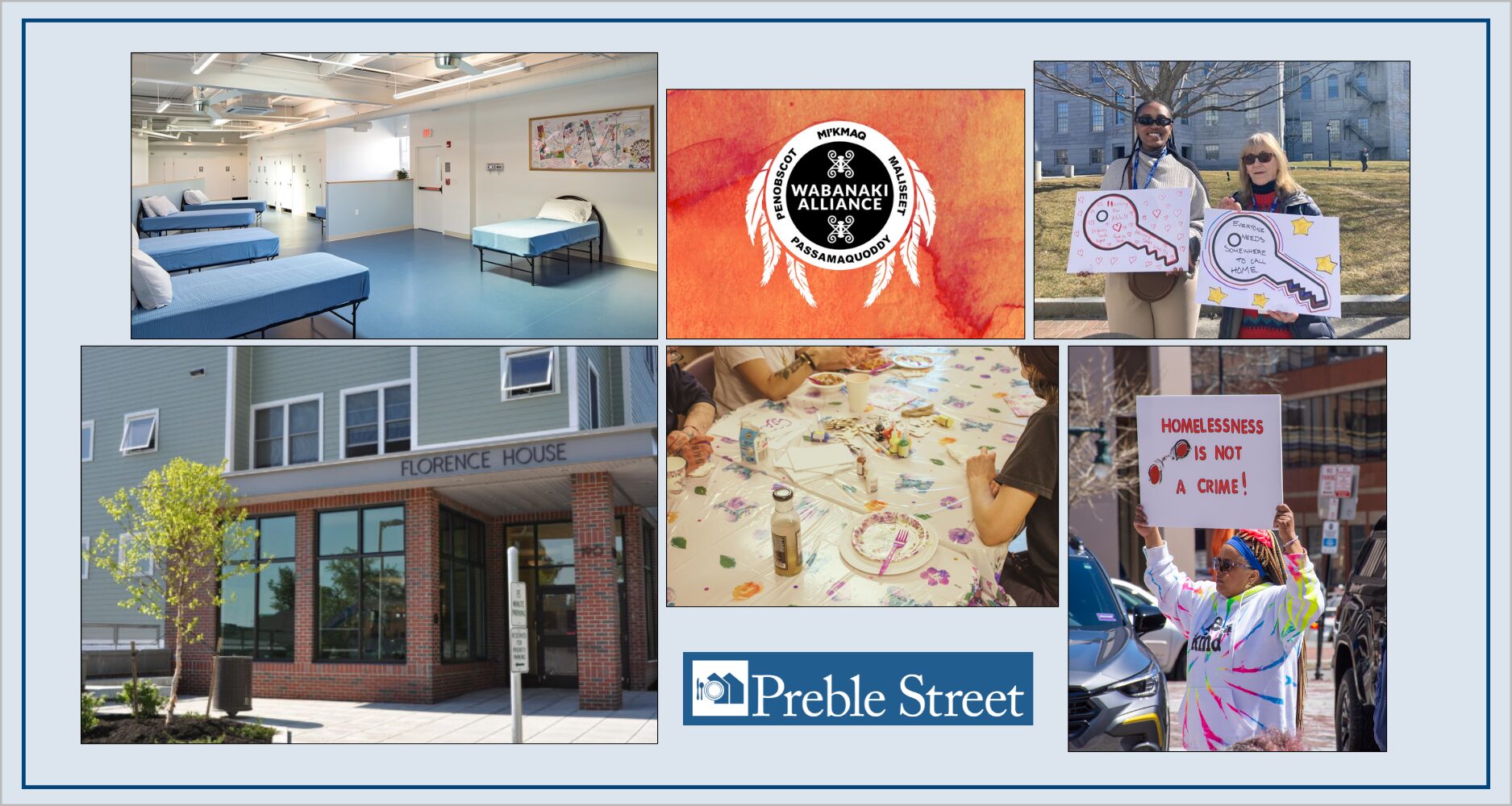Low-barrier shelters receive funding for the next three years...
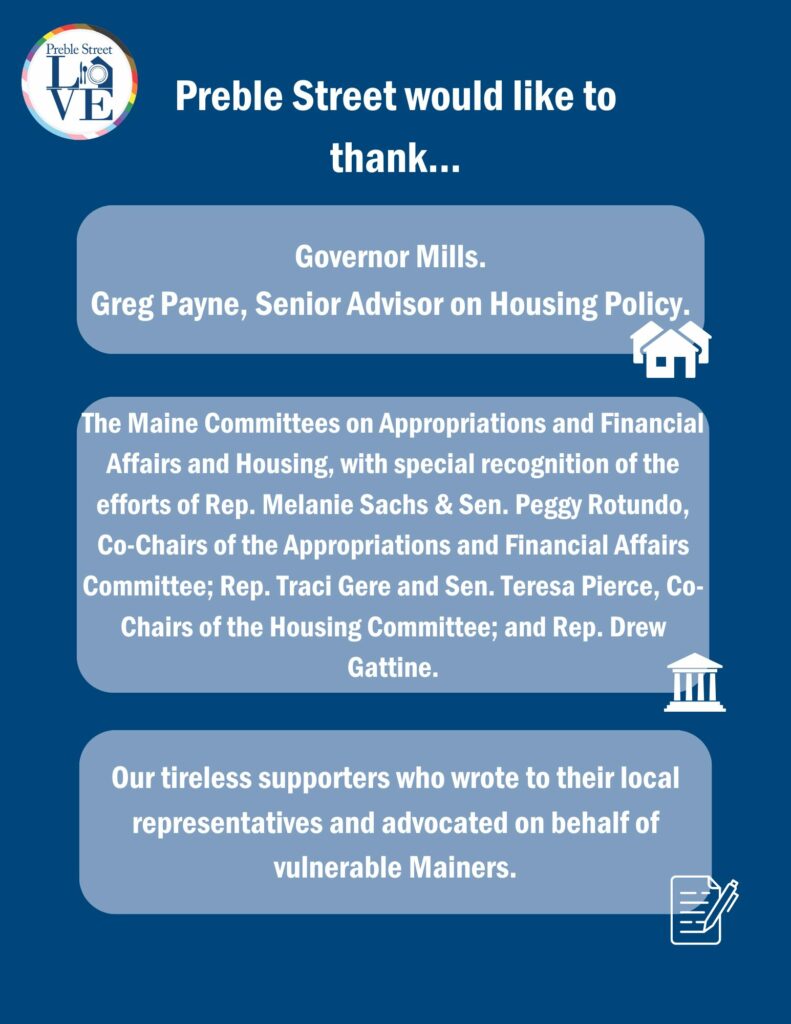

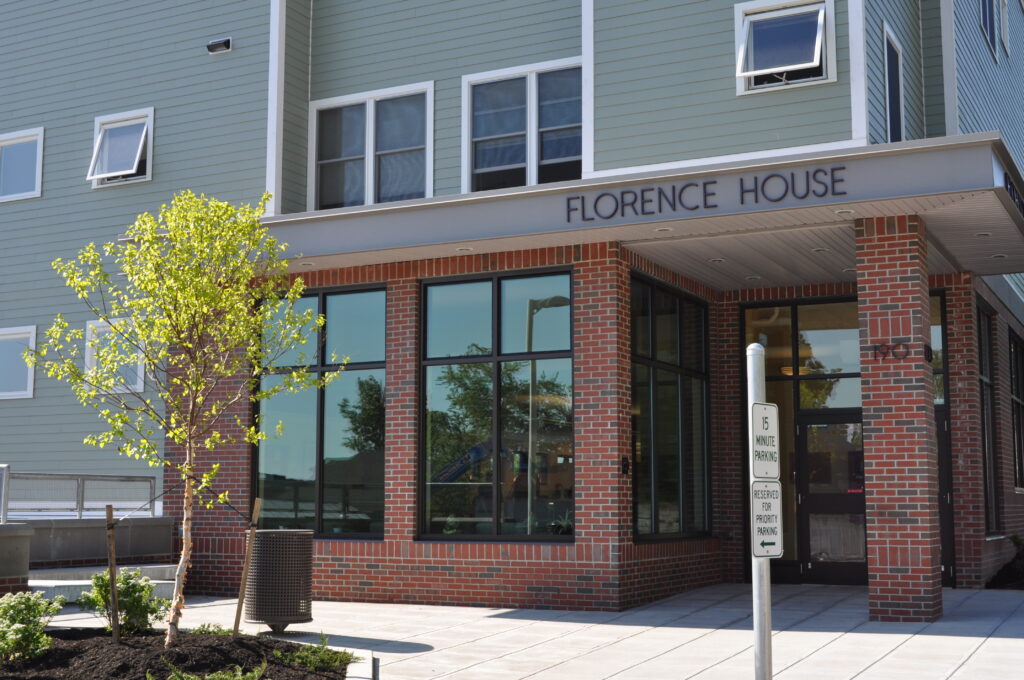
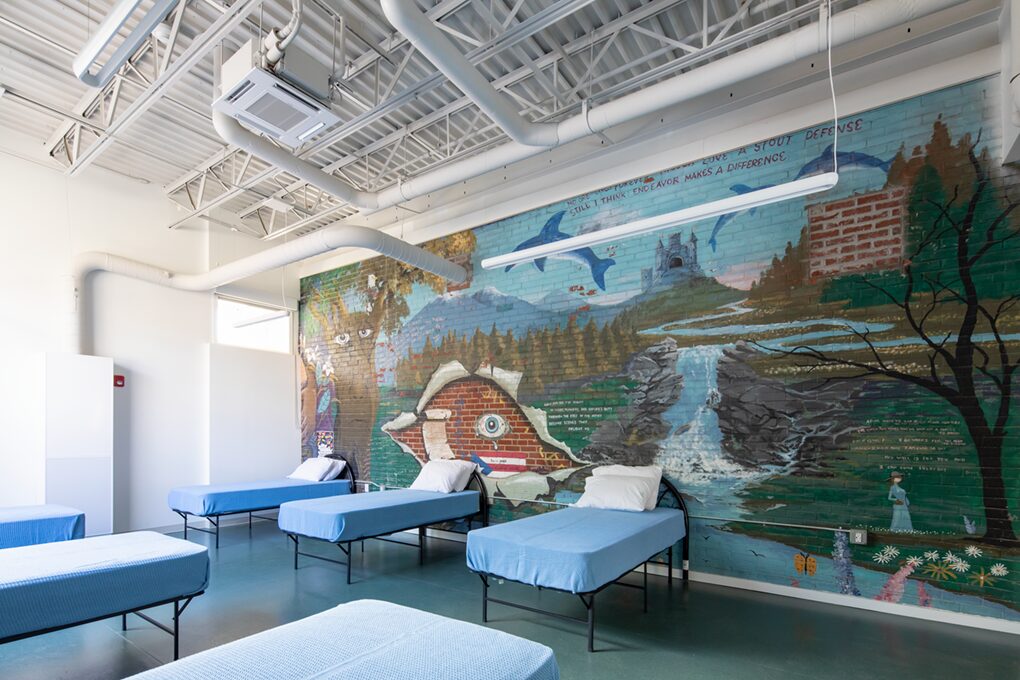
Affordable Housing & Rent Relief
The final supplemental budget includes a significant investment directed at affordable housing as well as a rent relief pilot program to alleviate Maine’s housing crisis.
The budget contains a total of $76M in affordable housing investments, which include funding for emergency housing, $10M in low-income housing credits, and $10M for the state’s Affordable Homeownership and Rural Affordable Rental Housing programs.
Also included in this supplemental budget is $18M for a rent relief pilot program to ease the financial burden of rent payments for individuals and families who don’t qualify for other programs, like Housing Choice Vouchers (Section 8). Eligible participants receive up to $800 a month for 24 months for rent relief, reducing evictions and the Section 8 waitlist while affordable housing units and programs, like the ones mentioned above, come online.
Maine Office of New Americans
On Monday, April 22, Governor Mills also signed into law the establishment of the Maine Office of New Americans.
The focus of this office will be to seamlessly integrate and introduce new Mainers into local communities, economies, and the workforce. Key tenets of the Office’s plan are…
- Strengthening English-language acquisition opportunities
- Building workforce pathways and support for entrepreneurs
- Improving coordination of organizations and entities that support immigrants
- This includes communities, schools, and employers, engaging in federal immigration policies to benefit Maine.
- Improving Maine’s data about its immigrant populations.
Wabanaki tribal courts granted self-jurisdiction
On April 22, Governor Mills also signed into LD-2007. This bill modernizes several of the important provisions to the Maine Indian Land Claims Settlement Act, signed into law in 1980, specifically restoring the criminal jurisdiction of tribal courts.
This bill specifically addresses restoring criminal jurisdiction to tribal courts. This bill enshrines the rights of the Wabanaki Nations for exclusive jurisdiction for misdemeanor and some felony crimes that occur on tribal lands and that only involve members of the tribal community.
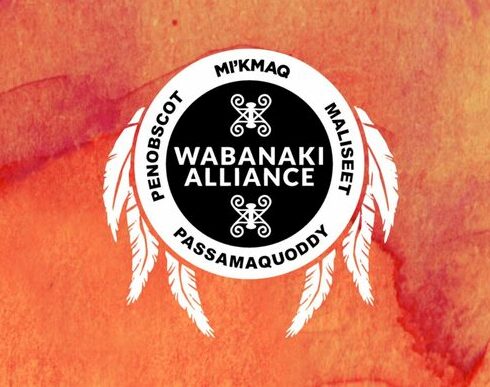
A 2022 report from the Harvard Project on Indigenous Governance and Development found that strong tribal courts are essential to self-governance for tribal nations, indicating that strong tribal courts help tribal nations in meeting the needs of their citizens.
Indeed, the passage of this bill will aid in fostering safer tribal communities better equipped to deal with mental and medical health crises, like the opioid epidemic. The passage of this bill is an important first step in promoting and ensuring Wabanaki sovereignty.
Read more about LD-2007 at the Wabanaki Alliance’s website here.
Why is the passage of the Office of New Americans & LD-2007 important?
Preble Street’s mission is to provide accessible barrier-free services to empower people experiencing problems with homelessness, housing, hunger, and poverty and to advocate for solutions to these problems.
The core of this mission is compassion, community, and equity.
Support for New Mainers, creating pathways to employment, education, and citizenship, and Wabanaki sovereignty, respecting the rights of indigenous people and foundational aspects of self-governance, are inherent to the pursuit of equity in the State of Maine.
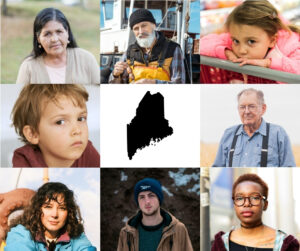
Do your job as a Mainer: Make sure families in our state have food and healthcare!
Someone you know — likely MANY people you know — are about to lose food assistance and healthcare. Food and healthcare are basic human rights that, for many Mainers, are only possible through SNAP and Medicaid. The massive proposed cuts to these vital programs will harm thousands of Maine caregivers, older adults, people with disabilities, Veterans, families,
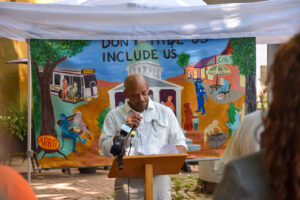
The Longest Day of Homelessness
“Homelessness is hard work… Sometimes, the hardest thing for a person who is homeless to do, believe it or not, is just getting out of bed knowing that he’s going to repeat today what he’s been doing all week long.” Orlando (pictured above), Advocate; Person experiencing homelessness On Friday, June 20, while many of us

An evening of hope, joy, and compassion
On June 17, 2025, hundreds of people who share in our mission and values gathered to celebrate Preble Street’s 50th Anniversary! We knew it would be special, and the amount of hope, joy, and compassion swirling through the event was truly something to behold. Every person present brought an energy that added to the magic
